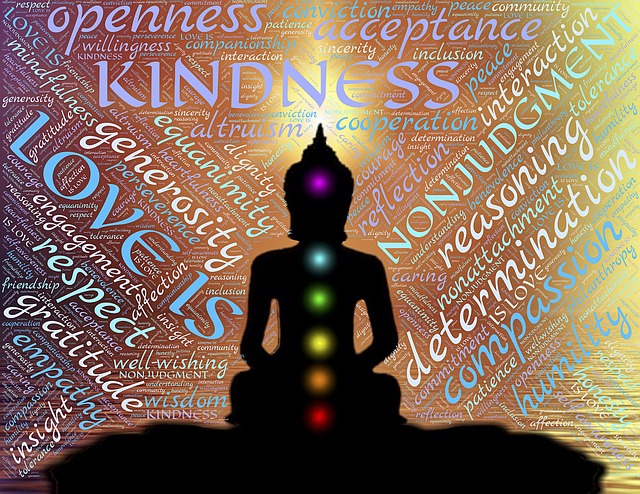Gloria Kamler recently presented a MARC meditation podcast titled, Body and Breath. Gloria teaches Mindfulness-Based Stress Reduction programs as a faculty member of the UCLA Mindful Awareness Research Center (MARC). She draws on more than 20 years’ experience educating people in mindfulness meditation.
In her podcast, Gloria emphasised the benefits of mindfulness for everyday living. She stressed the importance of mindfulness in difficult times. From her perspective, mindfulness is fundamentally training our ability to focus and pay attention while meditation is the gym where we build our “mental biceps” – where we develop the part of our brain that enables us to deal with difficulties other than by the auto-pilot mode of fight, flight or freeze. In Gloria’s view, mindfulness builds our capacity for self-regulation, to make considered decisions, to follow through with our intentions and agreements and to deal more skilfully with the waves of life with their undulating calm and turbulence. She argues that mindfulness enables us to “fire on all cylinders” when confronted with difficulties, rather than become locked into what she calls, “the cycle of reactivity”.
Kindness and meditation
Gloria maintains that, in essence, mindfulness is about kindness and caring – for ourselves and others. Being mindful requires non-judgment of ourselves in the first instance and extending this stance to others – this sometimes requires forgiveness on our part.
Part of self-kindness is noticing what we are experiencing and accepting what is. It also means being able to appreciate and savour the pleasant things that are happening in our lives, even at the simplest level.
In the guided meditation that Gloria offers as a part of her podcast (at the 15-minute mark), she leads us in a progressive body scan and breath meditation. She stresses the role of noticing and naming distractions and returning to our focus as a way of building our “mental biceps” and our “awareness muscle”.
Reflection
As we grow in mindfulness, we become more aware of what is happening for us – our thoughts, feelings, interactions, and automatic responses (borne of prior conditioning and/or adverse childhood experiences). Through development of our “mental biceps” in meditation, we can build our capacity to regulate our emotions, make sound decisions and translate our good intentions into action. As we develop our personal mindfulness anchors in meditation, we can return to the calmness and equanimity afforded by mindfulness and provide kindness to our self and others.
____________________________________________
Image by John Hain from Pixabay
By Ron Passfield – Copyright (Creative Commons license, Attribution–Non Commercial–No Derivatives)
Disclosure: If you purchase a product through this site, I may earn a commission which will help to pay for the site, the associated Meetup group and the resources to support the blog.
